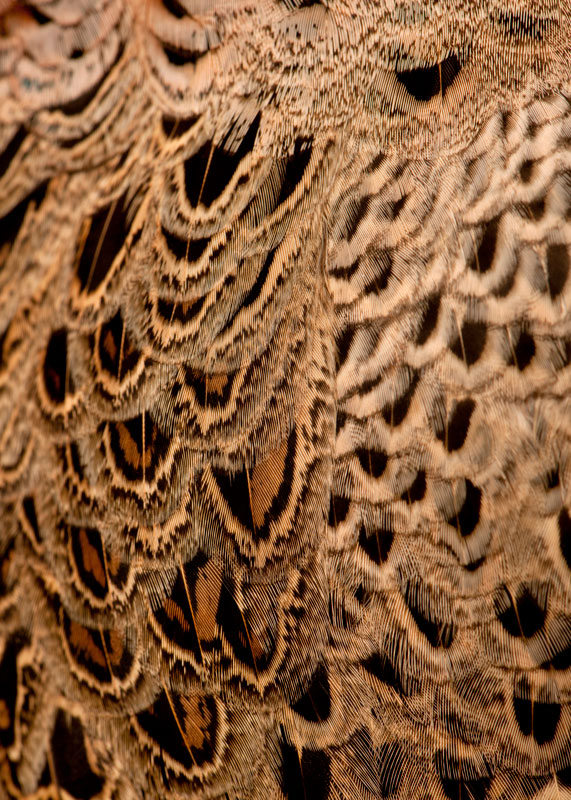Step by Step
Kindergarten Class
Kindergarten is the child’s first year at school. The child comes to school full of expectations and confidence, and it is the school’s task to maintain this confidence and joy in learning.
The children meet their class teacher, whose task is to create a warm and secure learning environment for these tender young human beings.
Our goal for the first school year is to make the child feel comfortable in his/her new daily life. We create a space for the child to develop the courage to take small and big steps and nurture the desire to participate in all school activities. At the school, learning is organized according to the child’s premises in order to create the best basis for development, growth and well-being. Happy children who thrive, learn best!
Well-being, practice and mastering
The class teacher follows the class all day. In this way, the children and the teacher create a good and close relationship. The children learn to listen to each other, wait for their turn and work quietly and concentrated. The children practice being brave by trying out new boundaries. They learn to be part of a group, while being seen as individuals who respect each other’s differences.
The class teacher focuses on practicing different skills, where the results often first appear over time. The process is important for the child’s learning. The experience of mastering something grows as the child makes an effort and tries again and again.
Continuous rhythms and frameworks for learning
The school day is built up with a continuous rhythm, which is repeated every day, while tasks and exercises progress as students develop new skills. The school day alternates between free play, concentrated work and joint activities, inside and out. Physical activity and development is important. Jumping, throwing, catching, sliding, pulling, balancing, lifting, running, carrying and spinning. When the child is physically active the body can relax when again gathered in the classroom. Hammering nails in, cutting, sewing, washing, baking, drawing, painting gives the student good bodily control and develops fine motor skills. Knowing their body and being able to use it for both small and large movements is important for all further learning. To be able to write by hand or on a keyboard, to be able to calculate and construct, create, develop and master new skills. At Waldorf International School, the school day in the kindergarten class is not divided into different subjects. We try to create a holistic approach to the day and to the various topics that the day contains. Through play, exploration on their own and joint activities, the various subject areas are practiced. Students get a solid foundation for further learning and meet their subjects in a practical and sentient way.
Language understanding
Words are related to action, emotions and objects. Songs, poems and verses in Danish and other languages develop language sensation and language skills. Daily storytelling, conversation and play strengthen vocabulary and language understanding.
Mathematics is everywhere
The students use numbers in practical situations in work and play and become familiar with sizes and quantities. To count, subtract and add, divide and multiply.
Science
Walks in the nearby area, climbing in trees, school gardening, earthworms in the raised planting beds, bee hives and insects, bird seeds on feed boards, ‘compost-captains’ and life in the compost, flame and glow of the fire, fermentation processes in bread and baking.
Technology through observation and exercise
Water running, wheels turning, construction projects in sand. Understanding technical tools is related to understanding body and function. Seeing and experiencing what you can do gives admiration and interest in what technology can do for us. This forms the basis for later use of technical tools in a reasonable manner. We do not have computers.
Learning through play
To play freely is to practice life; interaction, social movement, dialogue and negotiation. Playing is creative, demanding and evolving. Through playing, the students examine new situations, digest things they have heard or experienced, and learn from each other. They examine, challenge, discuss and adapt. Play is the child’s own learning method, therefore play is important at Waldorf International School. By giving students a rich and lively first year of school, we lay the foundation for the development of lifelong learning. We offer a unique kindergarten education. We emphasize the child’s experience of being capable, thereby ensuring a continuing desire to learn. We do not learn for school, but for life!
Play is learning for life!
Areas of Competence
In kindergarten class, the teaching revolves around seven areas of competence that are practised through play, interaction and educational activities during the school day:
- Language
- Body and movement
- Imagination and creativity
- Ethical values
- Social skills
- Sense and observation
- Motivation and concentration
The children are from the beginning introduced to music: flute and string instruments.
They have lessons in playing the string instruments and are also encouraged to do regular musical instrumental practice as homework. Parents are advised to check with their child’s teachers concerning expectations regarding homework, as requirements may vary.
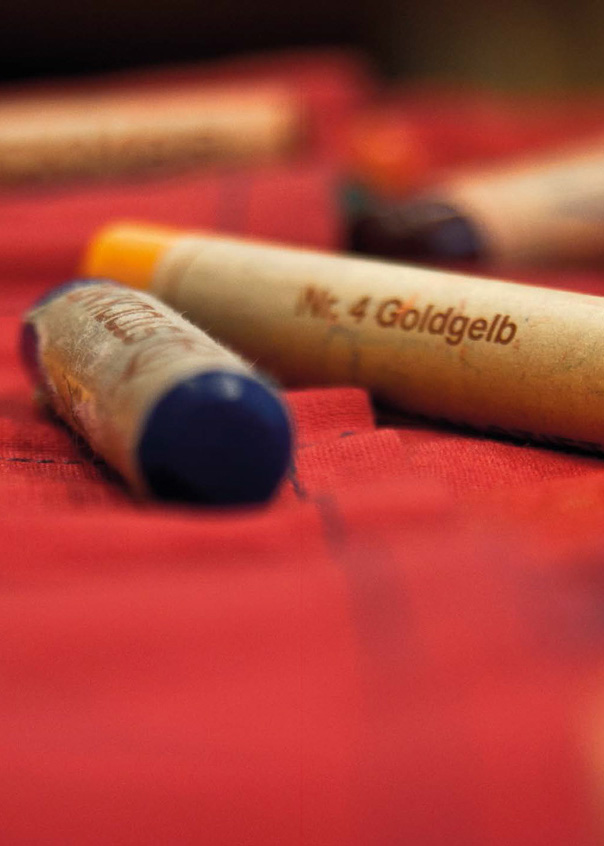
Class 1
The class teacher creates a warm and secure learning environment. A principle behind all teaching in the first school year is that the child is the centre of the world. The world is open to the child – a world which in the beginning is very concrete and then becomes more and more abstract.
In class 1 we introduce the letters of the alphabet through pictures and stories as preparation for reading. They learn to write and begin the early stages of reading. Some children can already read when they begin at school, but the students are taught how to connect letters and write words – they are led from pictures to letters.
In working with numbers they discover the qualities of the numbers and are introduced to Roman and Arabic numerals.
Through imaginative stories, pupils are also introduced to the secrets of the four mathematical processes; addition, subtraction, multiplication and division.
The narrative content meets this stage of development through the ancient wisdom of the fairy tale.
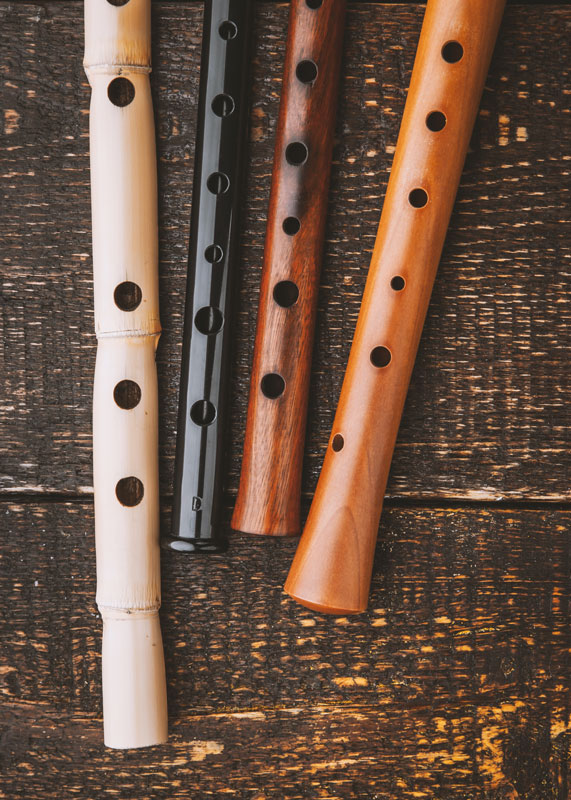
Class 2
Class 2 children are eager to learn, have more confidence and are more sociable.
The class teacher continues to follow the class giving the children continuity as well as a warm and secure atmosphere.
In class 2 the students learn about animal fables and legends from different countries and cultures. The animal fables depict various soul qualities: some free of duties and coercion, animals living their instincts and do not care about others than themselves. They represent soul-sidedness and tendencies in a caricature and humorous way. Thus, animal fables are closer to our own everyday life, and the children understand that it is human qualities that are expressed through the different characteristics of the animals.
Legends of the lives of saints provide inspiration for children and often the basis for a play.
Reading and writing develop along with skill in times tables and mathematics.
In this school year, the children work with the seasons, weekdays, months and the time to make timeliness a practical tool for orientation in the world and building an understanding of today and tomorrow. The children are now able, in their own words, to describe the topics that they are working on, both orally and gradually also in writing.
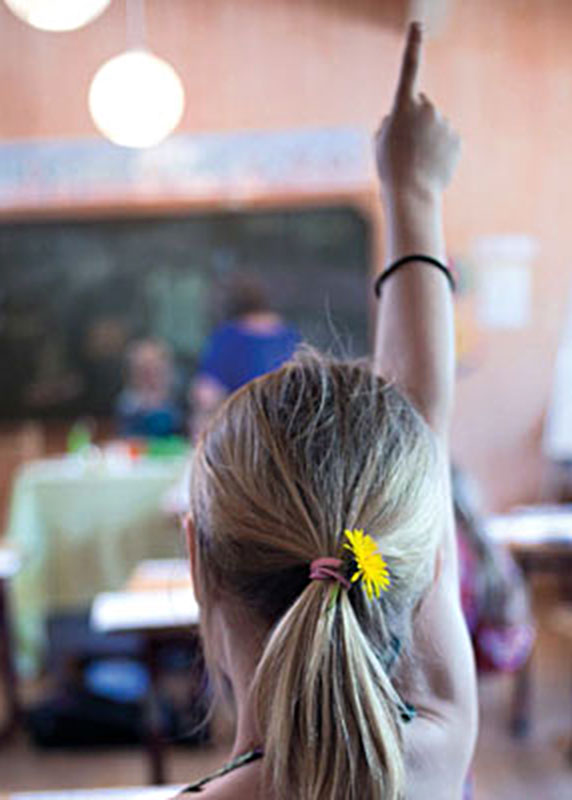
Class 3
At some point around their ninth year the child goes through a period in their development when parents may see, for the first time, their child experiences a feeling of separation from the rest of the world – the child becomes more grounded. The curriculum meets this stage of development by directing the child towards practical activities and by introducing farming and building (main lessons). This helps the children to reconnect with the world in a new way, and feel more secure by building a shelter, growing food and making clothes for themselves – they learn basic human needs. Gardening (outdoors), a lesson enjoyed every Tuesday connects the work of the main lesson to other areas of the curriculum and to all that our wonderful school grounds offer.
The narrative content during this school year includes stories from the Old Testament and stories that describe the life and work on the land. Literacy is developed through the written content of the main lessons including the different qualities of verbs, adjectives and nouns.
Cursive writing is introduced and helps children to acquire fluency in handwriting and the children feel more confident as their skills develop.
In math, long multiplication and division are introduced, as are the concepts of measurements: volume, length, weight and time.
Homework
Homework may be introduced in Class 3 with simple tasks related to the main lesson. The aim is to encourage the development of good, independent working habits benefitting the child throughout their education and later in life. The amount of homework is gradually increased to allow pupils to develop the necessary independent working skills needed and in time for the demands of the upper School (class 10 – 12).
Children are encouraged to manage their time well so that hobbies and interests can be pursued and regular musical instrumental practice undertaken and balanced with the demands of homework. Parents are advised to check with their child’s teachers as to expectations regarding homework, as requirements may vary.

Class 4
Children now appear more grounded and robust. These young ‘Vikings’ meet their match in the characters and adventures of the Nordic Myths, which mainly provides the narrative content for this year.
In mathematics, the foundations for work with fractions are laid, alongside the revision and development of skills dealing with the four processes. Science finds a focus in the man and animal main lesson, where animals are studied in relation to the human being. This provides the basis for the first independent written and illustrated project and gives children the opportunity to present to the class what they have learned about an animal of their choice. The focus in the main lesson geography is a local one teaching the children how to explore the landscape and history of the local surroundings. Walks, maps and sometimes an overnight camp are parts of this main lesson.
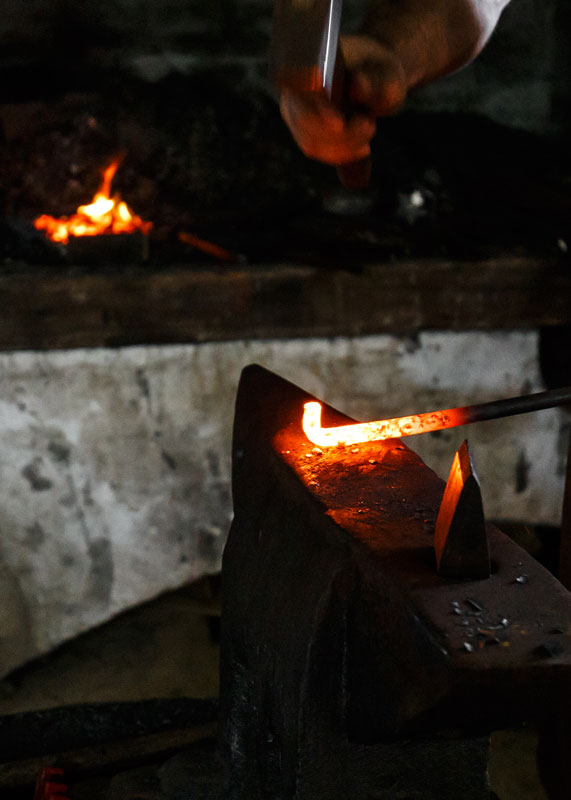
Class 5
This phase in childhood is sometimes referred to as ‘the heart of childhood’ – a time when parents and teachers glimpse at the grace and balance in the child’s movement and body. Children enjoy the main lessons riches of ancient cultures such as Ancient India, Egypt, Mesopotamia, Persia and Greece. In mathematics, work continues on fractions including the introduction of decimal fractions. Freehand geometry is developed out of previous work in form drawing lessons, and a study of plants provides the basis for the science main lessons. Geography is expanded to include a study of Scandinavia and the Nordic countries and expands further into Europe and the rest of the world. A highlight of the year and of the study of Ancient Greece is the Olympic Camp, which takes place at the school during spring. We invite other Steiner Waldorf schools from this country and Europe to three days of training in Olympic sports — running (including the marathon), javelin, discus, wrestling, high jump, long jump – all culminating in a day-long event complete with Olympic flame and medal ceremony.
